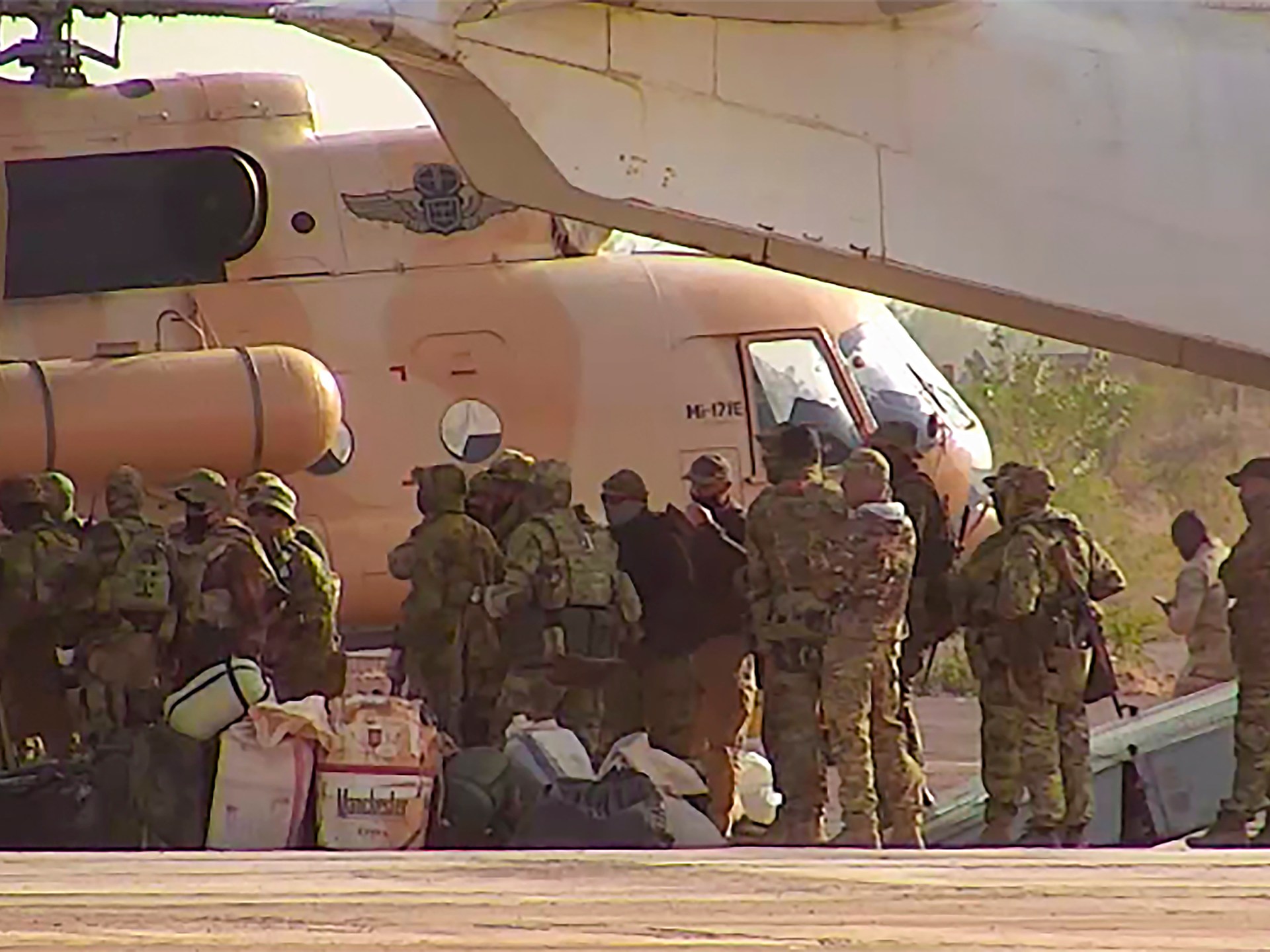Africa
Mali’s army says investigating soldiers accused of killing 24 civilians

A Tragic Incident Unfolds: Civilians Caught in the Crossfire
In recent days, disturbing reports have emerged from Mali, where civilians were allegedly killed by Malian soldiers and Russian mercenaries. The Tuareg independence movement, known as the Front for the Liberation of Azawad, has accused these forces of intercepting two vehicles near the city of Gao. One vehicle was tragically set ablaze, resulting in at least 24 fatalities. Among the victims were migrants traveling towards Algeria, highlighting the human cost of this conflict.
The Malian army has initiated an investigation, a rare move since their takeover in 2020. While they criticized campaigns against them, they did not directly address the killings. A family member of one of the drivers shared a harrowing account, recounting how mercenaries and soldiers opened fire on the vehicles, leaving no survivors in one of them. This personal story underscores the personal losses and the broader tragedy.
Mali’s Decade-Long Crisis: Roots of Instability
Mali’s turmoil began over a decade ago, with its nadir in the 2020 coup that ousted a democratically elected president. Colonel Assimi Goita’s military regime has struggled to maintain stability, turning to Russia’s Wagner Group for support after severing ties with former colonial power France. This shift in alliances reflects Mali’s complex geopolitical landscape.
Human Rights Watch has condemned atrocities committed by both state forces and extremist groups linked to ISIL and al-Qaeda. This censure highlights the dire human rights situation and the climate of fear pervading the region. As Mali’s crisis deepens, the impact on civilians intensifies, with many caught in the crossfire between competing forces.
The Wagner Group: A Controversial Presence in Mali
The Wagner Group’s involvement in Mali has been contentious. Their presence, sought by the military regime for security, has drawn criticism due to their alleged role in human rights abuses. Analysts suggest that the investigation into the recent killings may serve to deflect allegations rather than hold perpetrators accountable, raising questions about transparency and justice.
The group’s operations in Mali are part of broader Russian efforts to expand influence in Africa, often through private military companies. This strategy has drawn both criticism and support, depending on the perspective. However, the human cost remains a critical concern, as civilians bear the brunt of their actions.
Impunity and International Relations: A Delicate Balance
The likelihood of accountability in Mali’s investigation is skepticism. Analysts believe the probe aims to counter allegations rather than uncover fault, reflecting a broader culture of impunity. This skepticism is fueled by the regime’s history of dismissing human rights concerns and the Wagner Group’s controversial record.
Mali’s international relations are increasingly strained. The severing of ties with France, a former colonial power, and the embrace of Russian mercenaries have reshaped its geopolitical alignments. This shift complicates efforts to address the crisis, as international partners navigate these new dynamics.
Broader Implications and the Call for Justice
The incident underscores the urgent need for justice in Mali. Civilians continue to suffer as armed groups and state forces operate with impunity. The international community faces a challenging landscape in advocating for human rights amidst shifting alliances and the presence of private military groups.
Transparency and accountability are crucial. An independent investigation is essential to uncover the truth and ensure justice for the victims and their families. The international community must prioritize human rights in addressing Mali’s complex crisis, supporting efforts to bring perpetrators to justice and prevent future atrocities.
In conclusion, the tragic killing of civilians in Mali highlights the urgent need for accountability and justice. As the situation unfolds, the focus must remain on the human cost and the imperative to protect civilians in conflict zones.











